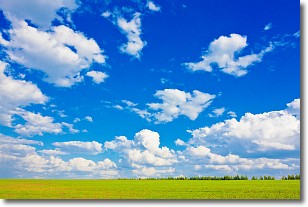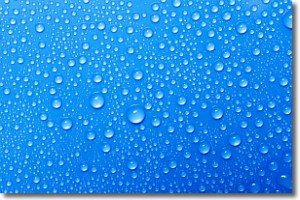Weather Alert in Nebraska
Flood Warning issued June 26 at 9:41PM CDT until June 27 at 7:00PM CDT by NWS Hastings NE
AREAS AFFECTED: Hamilton, NE; Merrick, NE; Nance, NE; Polk, NE
DESCRIPTION: * WHAT...Flooding caused by earlier excessive rainfall continues. * WHERE...Portions of central, east central, and south central Nebraska, including the following counties, in central Nebraska, Merrick and Nance. In east central Nebraska, Polk. In south central Nebraska, Hamilton. * WHEN...Until 700 PM CDT Friday. * IMPACTS...Flooding of rivers, creeks, streams, and other low-lying and flood-prone locations is imminent or occurring. * ADDITIONAL DETAILS... - At 925 PM CDT, Emergency management reported continued, mainly minor flooding of some small creeks/streams and mainly rural county roads within various parts of the warned area, resulting from the generally 3 to 8 inches of rain that fell Wednesday into Thursday morning. Although water levels have started to stabilize or even recede in some places, at least minor flooding and areas of standing water in low-lying and poor drainage areas will surely continue into at least Friday. As just a few examples of continued flooding, gauges along both the Silver Creek and Prairie Creek in the Silver Creek area were both near to slightly above minor flood stage on Thursday evening. As of 845 PM CDT Thursday, the Silver Creek gauge was at 9.64 feet, slightly above its minor flood stage of 9 feet. - This Warning includes the following streams and drainages... Council Creek, Prairie Creek, Lincoln Creek, Timber Creek, Warm Slough, Beaver Creek, Moores Creek, Clear Creek, Davis Creek, Silver Creek, Cottonwood Creek and Prairie Slough. - Some locations that could experience flooding include... Central City, Fullerton, Genoa, Palmer, Clarks, Silver Creek, Giltner, Polk, Chapman, Phillips, Marquette, Hordville and Archer. - http://www.weather.gov/safety/flood
INSTRUCTION: Turn around, don't drown when encountering flooded roads. Most flood deaths occur in vehicles.
Want more detail? Get the Complete 7 Day and Night Detailed Forecast!
Current U.S. National Radar--Current
The Current National Weather Radar is shown below with a UTC Time (subtract 5 hours from UTC to get Eastern Time).

National Weather Forecast--Current
The Current National Weather Forecast and National Weather Map are shown below.

National Weather Forecast for Tomorrow
Tomorrow National Weather Forecast and Tomorrow National Weather Map are show below.

North America Water Vapor (Moisture)
This map shows recent moisture content over North America. Bright and colored areas show high moisture (ie, clouds); brown indicates very little moisture present; black indicates no moisture.

Weather Topic: What are Cumulus Clouds?
Home - Education - Cloud Types - Cumulus Clouds
 Next Topic: Drizzle
Next Topic: Drizzle
Cumulus clouds are fluffy and textured with rounded tops, and
may have flat bottoms. The border of a cumulus cloud
is clearly defined, and can have the appearance of cotton or cauliflower.
Cumulus clouds form at low altitudes (rarely above 2 km) but can grow very tall,
becoming cumulus congestus and possibly the even taller cumulonimbus clouds.
When cumulus clouds become taller, they have a greater chance of producing precipitation.
Next Topic: Drizzle
Weather Topic: What is Evaporation?
Home - Education - Precipitation - Evaporation
 Next Topic: Fog
Next Topic: Fog
Evaporation is the process which returns water from the earth
back to the atmosphere, and is another crucial process in the water cycle.
Evaporation is the transformation of liquid into gas, and it happens because
molecules are excited by the application of energy and turn into vapor.
In order for water to evaporate it has to be on the surface of a body of water.
Next Topic: Fog
Current conditions powered by WeatherAPI.com




